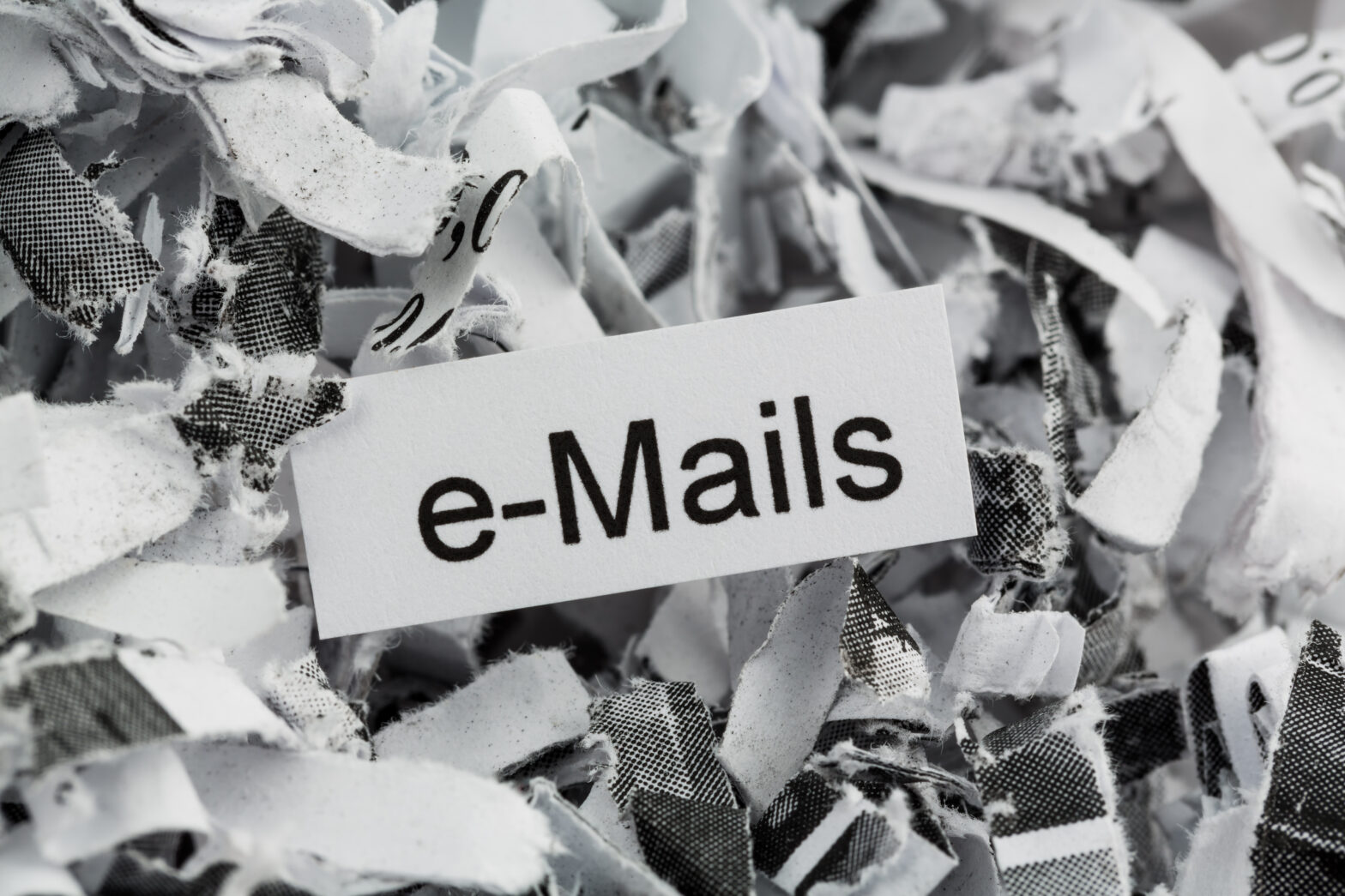One of the most important parts of a business is the way in which the workforce interacts with each other, and for most companies this is now done by email. Even in the smallest of businesses many hundreds of emails can be sent every week and this can rise to tens of thousands for a larger workforce. It is therefore essential for a business to have the right methods in place for Email Archiving and continuity of service. It is, in other words, important to have easy access to past emails and for the email system to remain up and running at all times.
Email archiving is a way of providing solutions for storing emails and making them easily searchable and with fast access. Archiving systems work by automatically capturing and storing the information contained within every email. A business need do nothing special once an archiving system is in place. This type of Email Management is important for a number of reasons:
- Business owners have a duty to keep emails, not least because they may be needed in the future; emails may be needed for legal reasons or to comply with certain legislation such as health and safety. Emails are admissible as evidence in court and may be used by human resources departments.
- The right sort of email archiving will save the business time and money. Having a system in place will free up the IT department, who may spend an inordinate amount of time doing back-ups of emails every week. Also, finding emails can be a time consuming process if they have not been stored in an efficient way.
- Having a good storage facility means that the workforce can be more productive. Spending time sorting emails and deciding which to keep and where to store them is a task most businesses would rather their staff did not have to do.
There are three main options when it comes to deciding on the type of email archiving to use:
- An in-house option, which would require the purchase and installation of storage hardware. This is an expensive option that takes up a lot of space and has to be managed by an IT team.
- Storage provided by a hosting service. Software is installed which automatically sends emails to an off-site storage facility where they are sorted and managed. While this may raise some Email Security concerns, as long as you use a reputable company it may in fact be a more secure option than in-house storage. This is because these services (sometimes known as a cloud-based email service) are protected by more sophisticated security software than is widely available on the market.
- A hybrid service which combines these two options; with some hardware stored at the business premises and some kept off-site.
In addition, business owners need to consider how they would cope if their email system was down for any length of time. Email Continuity services are able to provide access to emails if there is an unplanned (or even planned) outage of the email system. It is easy to see how this would be critical for any business as email is an essential tool.
Opting for email archiving which is off-site will allow a business to have access to emails even if the email service is not running.
For any growing business, knowing that emails are safely and securely stored is critical. Having easy access to those emails and knowing that even in the event of a catastrophic loss of data they are still held in a safe place provides essential peace of mind and improved productivity. No business can afford to ignore the benefits of email archiving and continuity.
See also: How to manage an inbox better in your small business





